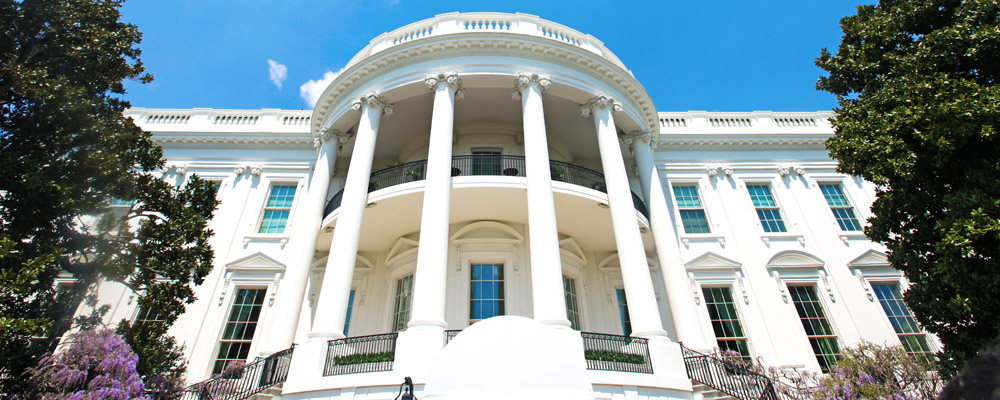TAX ALERT | August 16, 2022
Today, The Inflation Reduction Act of 2022 was enacted. Through its sweeping law changes on health care, climate, and taxes, the Act presents a few new opportunities for beneficial tax strategies. In general, the Act results in few tax increases to PBMares clients.
As tax advisors, here are five questions that we’ve been hearing:
Question 1 – How does The Inflation Reduction Act raise revenue?
- Imposes a 15% corporate minimum tax on corporations – but only those with $1 billion of financial statement income ($100 million if a foreign-partnered multinational group)
- Applies a 1% excise tax on publicly traded corporations who buy back more than $1 million of their own stock
- Extends the current limitation on an individual’s business losses (to $270,000, or $540,000 if married filing jointly) for two additional years – through 2028
- Increases IRS funding by $80 billion, which is expected to generate $124 billion in revenue over 10 years. This last item has had some wondering…
Question 2 – Did my chances of an IRS audit just go up?
What is important is that, as your tax advisors, will continue to recommend prudent tax strategies in order to legally minimize your tax liability. We strive to provide accurate research, correct compliance, and support for tax return positions. If the IRS were to ever question or challenge a position, we would serve as your advocate and seek to resolve any issues for your benefit.
Question 3 – Are there any new tax breaks in this Act?
- Two energy provisions are made retroactive to the beginning of 2022, and are extended through 2033:
- Installing Nonbusiness Energy Property – heat pumps, insulation, doors, and windows – results in a credit of 30% of cost, with a $1,200 annual cap (previously a $500 lifetime cap), and
- The credit for Residential Clean Energy – solar, wind, geothermal, and battery storage – is increased from 26% to 30%
- Beginning in 2023, those buying a used clean vehicle can now receive a credit of up to $4,000, but only if: 1) the vehicle costs less than $25,000, and 2) their Adjusted Gross Income is less than $75,000 ($150,000 if married, filing jointly)
- All families who have health insurance through the public marketplace will continue to have their premium costs limited to 8.5% of their income through 2025. (Prior to the Act, those earning more than 400% of the Federal Poverty Level would have received Premium Tax Credits only through 2022).
Overall – Question 3 shares a few new tax breaks, and Question 1 reveals that there are generally no new tax hikes on PBMares clients.
Question 4 – So, my income taxes are not going up?
For us to simply say, “no” would not be appropriate. Many of our business clients are experiencing a very profitable 2022, with 2023 looking just as promising. Higher levels of taxable income could result in higher taxes, even though the rates of tax have not changed. And, even if your income tax costs have not “gone up”, there are plenty of opportunities to reduce them.
Question 5 – How can I reduce my income tax costs?
We at PBMares encourage our clients to be proactive in tax planning, and to consider the myriad of time-tested tax minimization strategies, to include:
- strategically timed investments in business property for depreciation
- making a Pass-Through Entity state tax election
- minimizing the Net Investment Income Tax
- maximizing the Qualified Business Income Deduction
- deferring capital gains and harvesting capital losses
- bunching charitable contributions
- optimizing Qualified Retirement Plans
- capturing Research and Development and other credits
- increasing tax efficiency of investments through Asset Placement strategies
- allocating income amongst family members
- deducting business owners’ home office expenses
None of the above strategies are impacted by the Inflation Reduction Act of 2022.
PBMares will strive to keep you apprised of any further developments and look forward to working with you on your 2022-2023 income tax projections.





